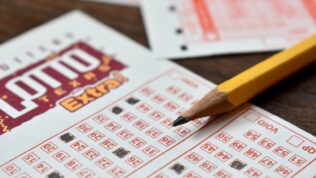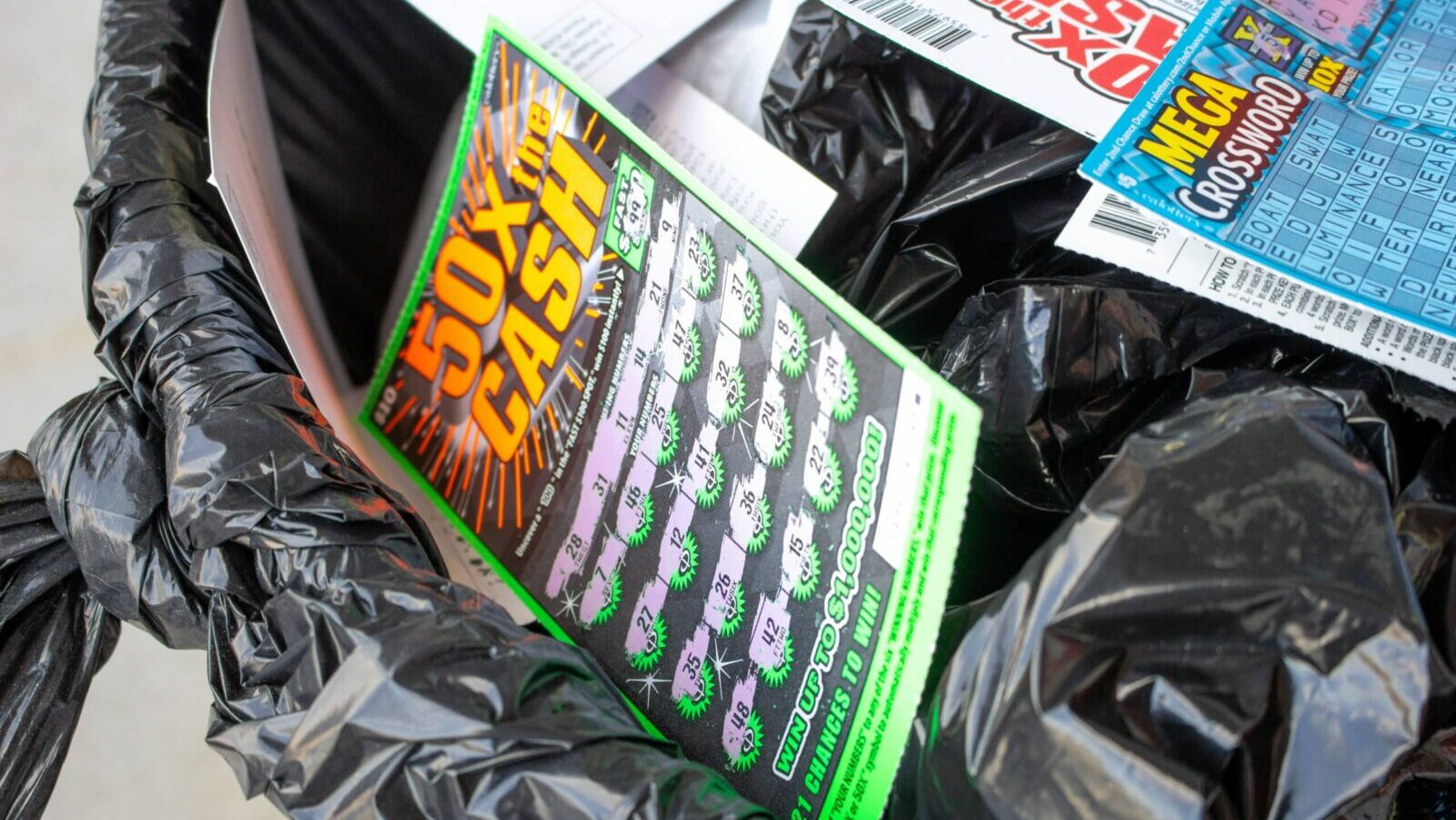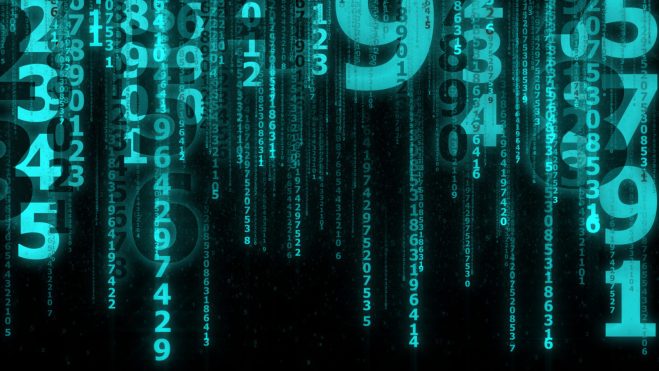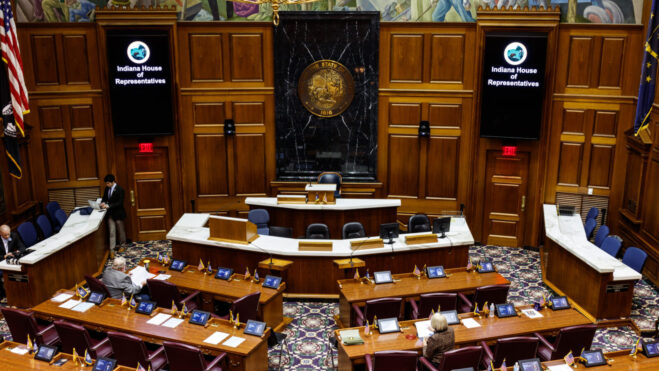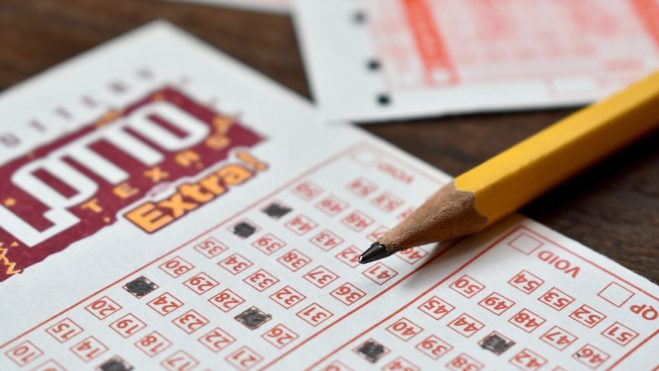Walmart Is Making Major Push To Grow Its Lottery Sales
The exact mechanics of Walmart’s play are as yet unclear, but the “Lottery@Walmart” plan is indeed underway with potential major ramifications.
5 min
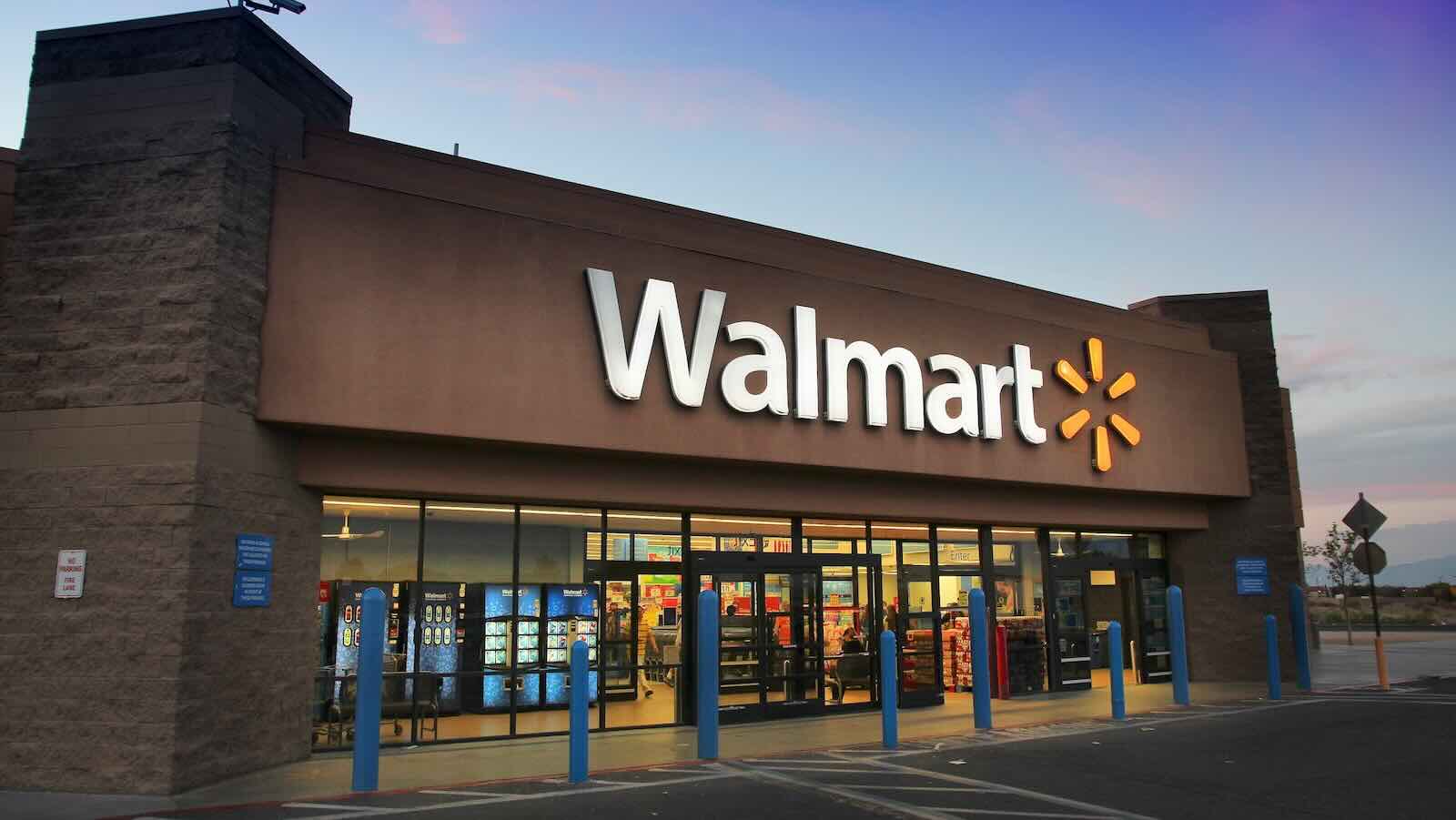
This article has been updated and now includes a statement from Walmart.
At its annual summit in early April, retail giant Walmart convened various lottery industry vendors and suppliers and revealed, more or less: Walmart is preparing a push from lottery bystander to more active participant, focused on overhauling its operational efficiency, especially at the point of sale. Right now, there is only one register in each store where customers may purchase lottery tickets. That may change drastically to enable the sale of tickets at all registers at Walmart stores.
Walmart representatives unveiled plans for “Lottery@Walmart,” according to presentation materials from the Bentonville, Arkansas summit that were reviewed by Lottery Geeks. The plans were conveyed in meetings with the likes of IGT, Scientific Games, NeoPollard, and others currently working with the retail behemoth.
Yet “Walmart has no plans to develop a lottery app,” the company said in a statement provided to Lottery Geeks, refuting earlier reporting indicating that Walmart itself was developing an app with potential iLottery capabilities.
The exact mechanics of Walmart’s play are as yet unclear and the shift may prove slow moving, but the plan is indeed underway, according to multiple sources who discussed a sensitive matter on condition of anonymity.
There is profit incentive, but some of Walmart’s motivation is due to a pain point shared by retailers and vendors all across the country — such as Kroger, Sheetz, and Wawa — owing to a frustrating disconnect between lottery point-of-sale (POS) systems and the stores’ internal POS systems. Due to the nature of the agreements executed between individual state lotteries and lottery partners such as IGT, as well as state-by-state lottery laws and regulations, the systems everywhere operate separately.
In the year 2024, when more and more sales are processed digitally (often remotely for in-store pickup), retailers are missing out on reams of valuable data about its customers’ baskets and spending and ultimately missing sales opportunities as a result. Sales of groceries online especially spiked during the pandemic years from 2020 to present.
The problem of inconsistent, incomplete sales transaction data is not unique to Walmart, with its market cap of $560 billion. It’s a universal complaint. But perhaps only Walmart has the scale and leverage to force its way to a solution.
Lazlo and behold
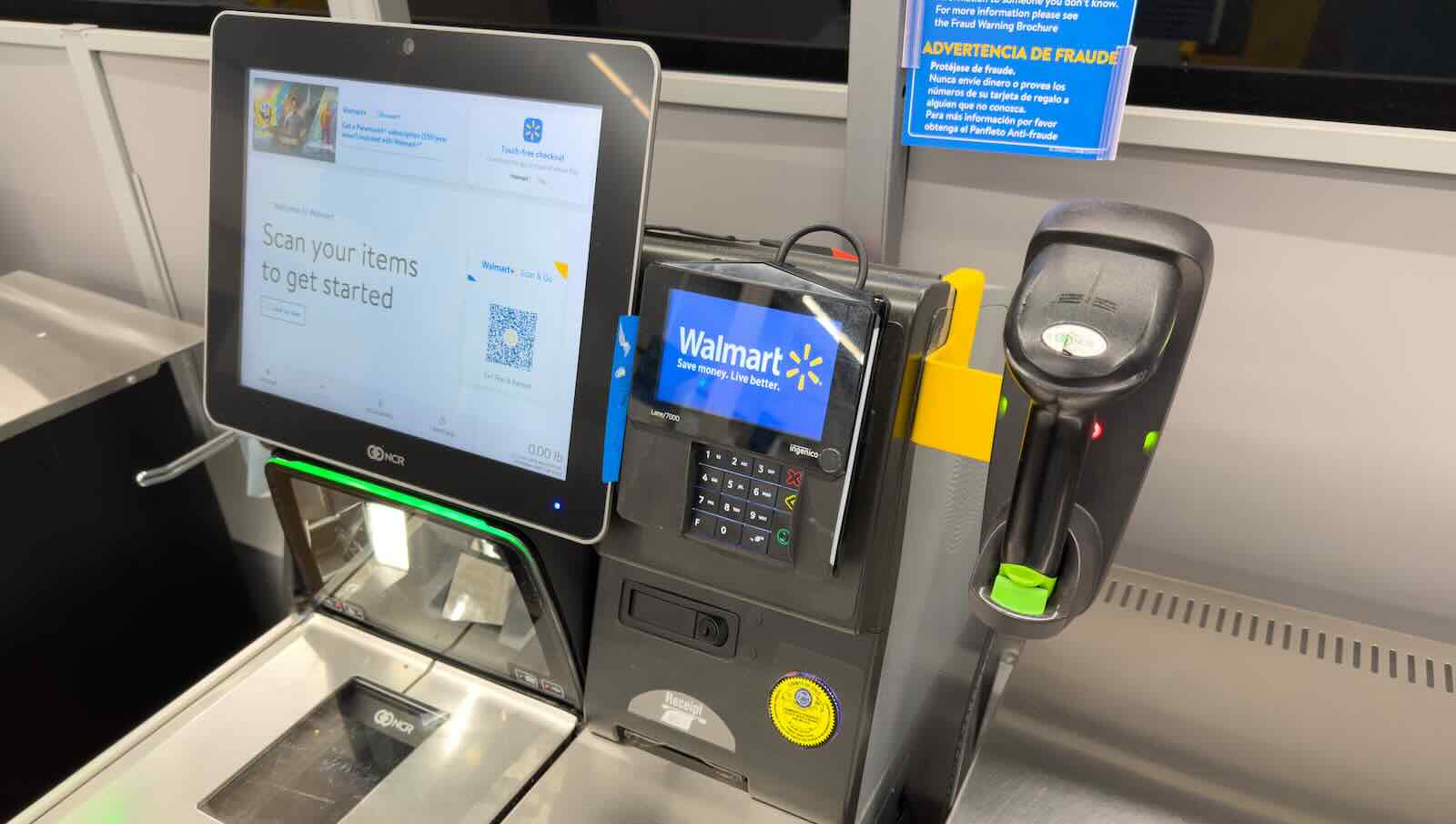
“All of this raises a number of questions regarding Walmart’s long-term strategy for lottery sales,” said Gene Johnson, executive vice president at Victor Strategies and longtime gaming industry analyst. “Traditionally, the retail giant has focused on retail sales through lottery vending machines. Access to sales transactions alone will not justify the ROI.”
Meanwhile, the absence of a solution to this point was described by sources as a serious miss by IGT and Scientific Games, which collectively power the lion’s share of state lottery systems across the U.S.
While it remains to be seen how Walmart navigates the stakeholder and regulatory landscapes, there is risk that IGT and others with direct deals with state lotteries may in the future get cut out of lottery sales transactions, in part or in whole.
In the past, IGT has worked to customize lottery ticket vending machines to meet specific Walmart sightline standards. Kiosks were newly deployed in 19 of Walmart’s 90 stores in Michigan between April and June, for example, and already exist in much of the country from California to Indiana to New York.
One aspect of Walmart’s iLottery plan of attack that’s a surprise to some observers is the vendor that it has tapped: Lazlo.
The Alpharetta, Georgia-based company writes on its website that its “patented platform bridges the gap between brick & mortar and digital sales channels,” yet it has existed on the periphery of the lottery world and is regarded as a curious choice for a giant like Walmart. This does not mean that Lazlo is not capable, of course. The execution remains to be seen. Central to the execution will be allowing actual lottery tickets to be sold and printed at any register in the store – eliminating a bottleneck that now occurs with just one terminal currently equipped to print tickets in the store. This solution, if and when realized, would become universal across all U.S. stores where lottery tickets are sold.
Another interesting subplot is Walmart’s evolution on the lottery itself. Depending on your perspective, the lottery may qualify as gambling, and for that reason had long been avoided by Walmart on moral grounds. Obviously that sentiment has changed.
In recent years Walmart has shown an increased appetite for lottery-driven sales. As legal iLottery platforms have expanded into now 14 U.S. jurisdictions, the company is sizing up the growing opportunity.
“The way Walmart looks at the category is a bit different than how others view it,” said Gina Easley, IGT senior manager national retail accounts, in a December 2023 interview published by La Fleur’s. “In how they use data to automate different aspects of the business to improve execution, reduce labor hours, and increase overall performance — they’re an industry-changer.”
They sure will be, especially if they manage to find a way to operate as both a vendor dealing directly with the state — which may require separate non-exclusive agreements — as well as a retailer that’s selling the lottery ticket for a commission of about 5-6%.
Or perhaps Walmart could work with the Mega Millions consortium or the Multi-State Lottery Association (MUSL) and its Powerball game on some basis as a direct purveyor of tickets for the most popular draw games; there are scores of potential operational, legal, and regulatory issues that would need attention.
But there’s no doubt that as legal sports betting, iGaming, sweepstakes and social casinos expand across the U.S., the lottery continues to register as an intriguing category for companies that have not historically operated in the gambling orbit.
Other Factors
Walmart is not the only retailer, of course, with desires to increase both its share of revenue as well as overall market basket visibility, with online and digital sales ever increasing. The matter was a topic of conversation at the Public Gaming Research Institute (PGRI) conference in Ft. Lauderdale, also in April, moderated by Eric Grubbs of the Pennsylvania Lottery with panelists Jarrod Cummins, director of commercial business lines and digital platforms for Kroger; and Nick Murtagh, category analyst lottery for Sheetz Retail Stores.
Both panelists expressed a desire to expand lottery sales in their respective companies’ stores, but noted the difficulty of operating in an environment where key market data is missing and it’s difficult to reach customers that may be spending less time in the store.
“I love the concept of marketing lottery and I can’t wait to market until we can really market the way we want to market,” Cummins said.
A missing piece right now is the data — the data generated from digital sales, on lottery POS systems, that’s not flowing through the unique retailer systems. But the data picture there is not always clear, either.
“Also consider, most retail lottery sales are anonymous, so there is no data to record unless Walmart can enroll players in a database,” Johnson said. “Walmart has the tech stack — their state-of-the-art logistics system — to generate innovation in lottery sales, but the high barriers to market entry as a vendor argue for a strategy of expanding retail sales through lottery messenger or iLottery sales.”
Whichever way this goes, there are sure to be other ripple effects, some of them downstream.
At present, the National Association of Convenience Stores (NACS), representing about 150,000 convenience stores in the U.S., is opposed to iLottery expansion. Walmart already looms large over convenience store sales. It would make an interesting, uneasy dynamic if Walmart pulls in the other direction, in favor of iLottery expansion. Of course, while NACS is currently opposed to iLottery, the North American Association of State and Provincial Lotteries has proffered that retail lottery sales have only increased since the advent of iLottery.
There is no timetable currently for the rollout of an expanded ticket distribution system at Walmart stores, but if it happens to coincide with the Mega Millions increase to $5 per base ticket in the spring of 2025, well, look for jackpots to rise even more quickly.
You can reach the author via email at brett@thirdplanet.us and find him on X at @brettsmiley.





